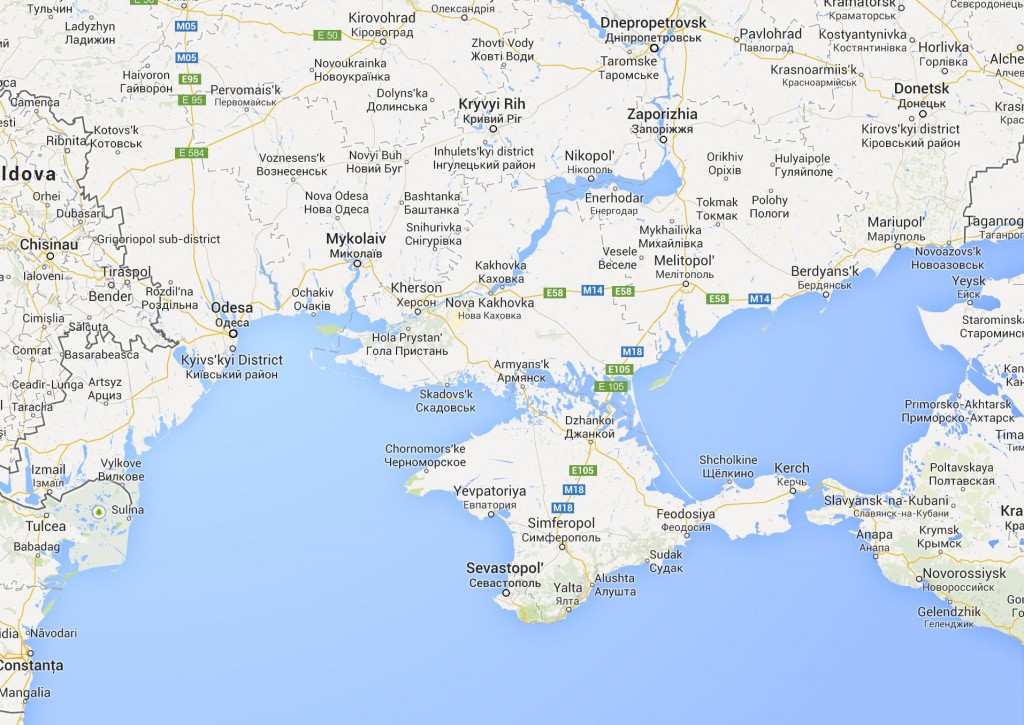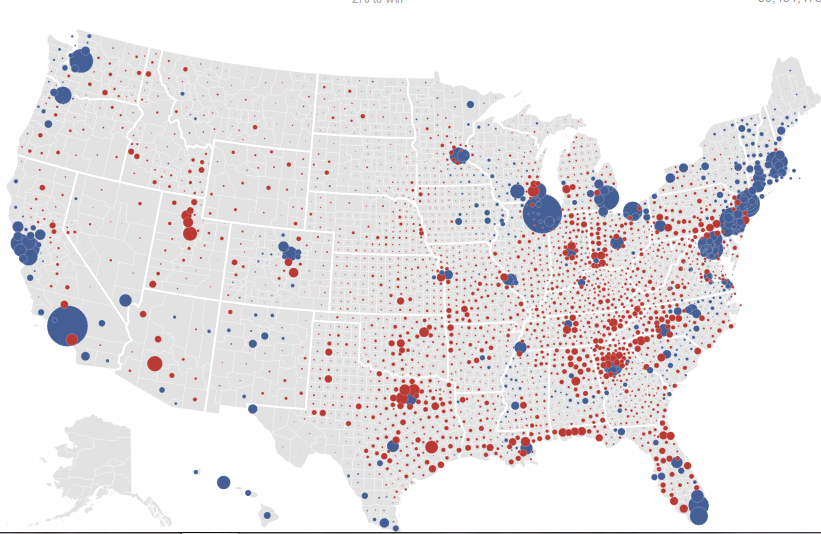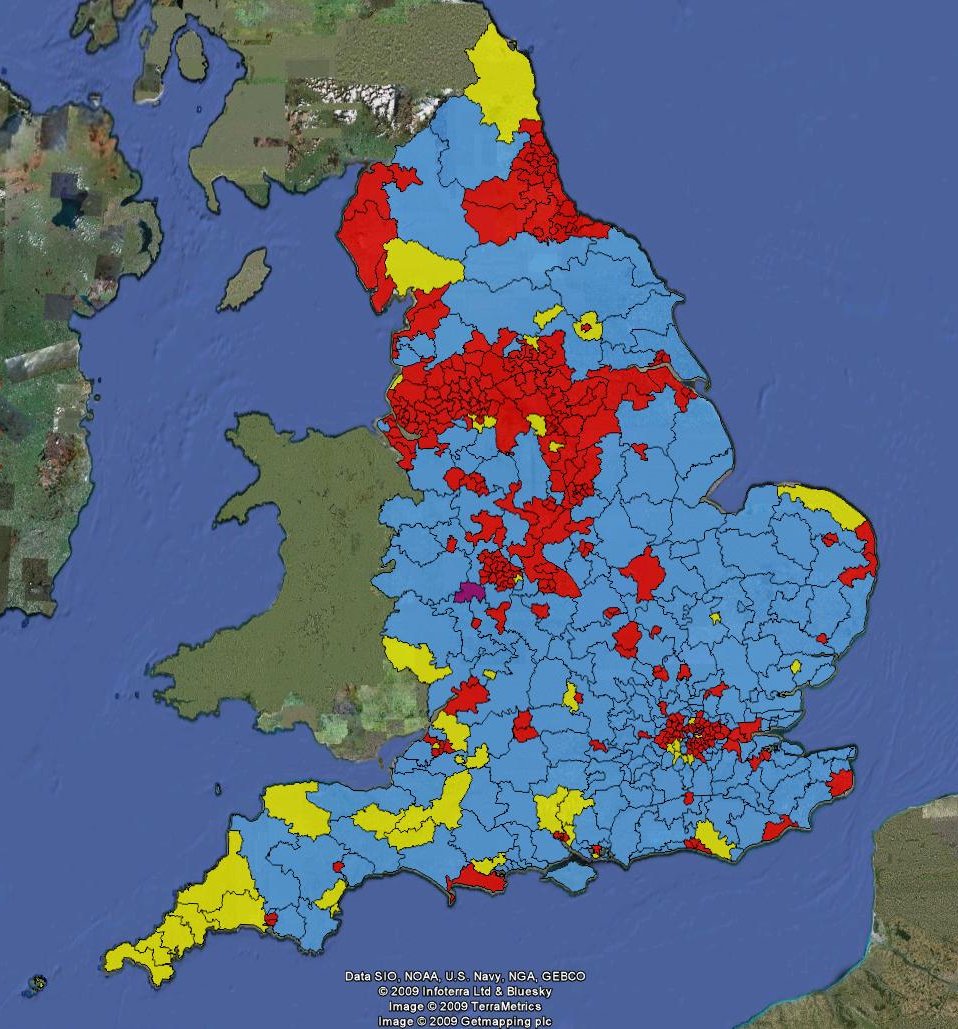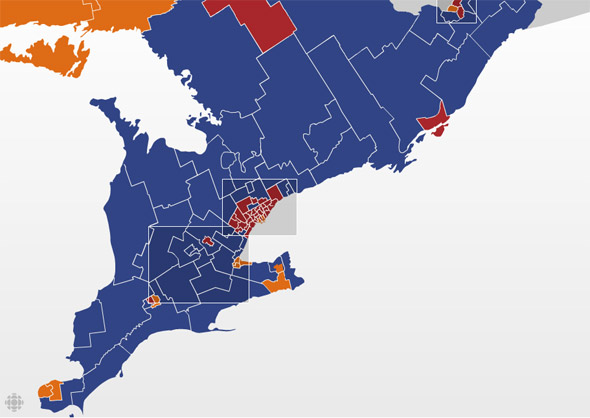In the last couple of days, Russian troops have moved to occupy Simferapol in the Crimean peninsula. This may be part of a larger effort to deter the Ukraine from continuing to turn towards Europe for patronage, but a quick glance at the map makes at least part of Russia’s motivation very clear.
The Russian Black Sea Fleet is stationed in Sevastopol. Ever since the breakup of the Soviet Union there has been tension between Russia and the Ukraine over her continued presence, and Russia’s lease was only extended a few years ago. The fleet has had it’s home there for two hundred and thirty years. I cannot imagine that Russia would be willing to lose this critical part of her strategic protection. And if we look at the map, we see that the only main road to Sevastopol passes through Simferopol, the administrative centre of Crimea. If Simferopol is secured and under Russian control, the Black Fleet is safe.
The British equivalent might be Faslane Naval base, home of her nuclear fleet. I cannot imagine the UK countenancing any threat to Faslane, although the demands for Scottish independence must surely be giving the Navy’s senior commanders some serious headaches right now.
But back to the Crimea. Shocking though it is to see Russia so casually violate the sovereignty of a neighbour, I can only hope that her purpose is merely to defend a key military installation, rather than to forcefully shepherd the entire Ukraine back into a closer union with her former overlords.




